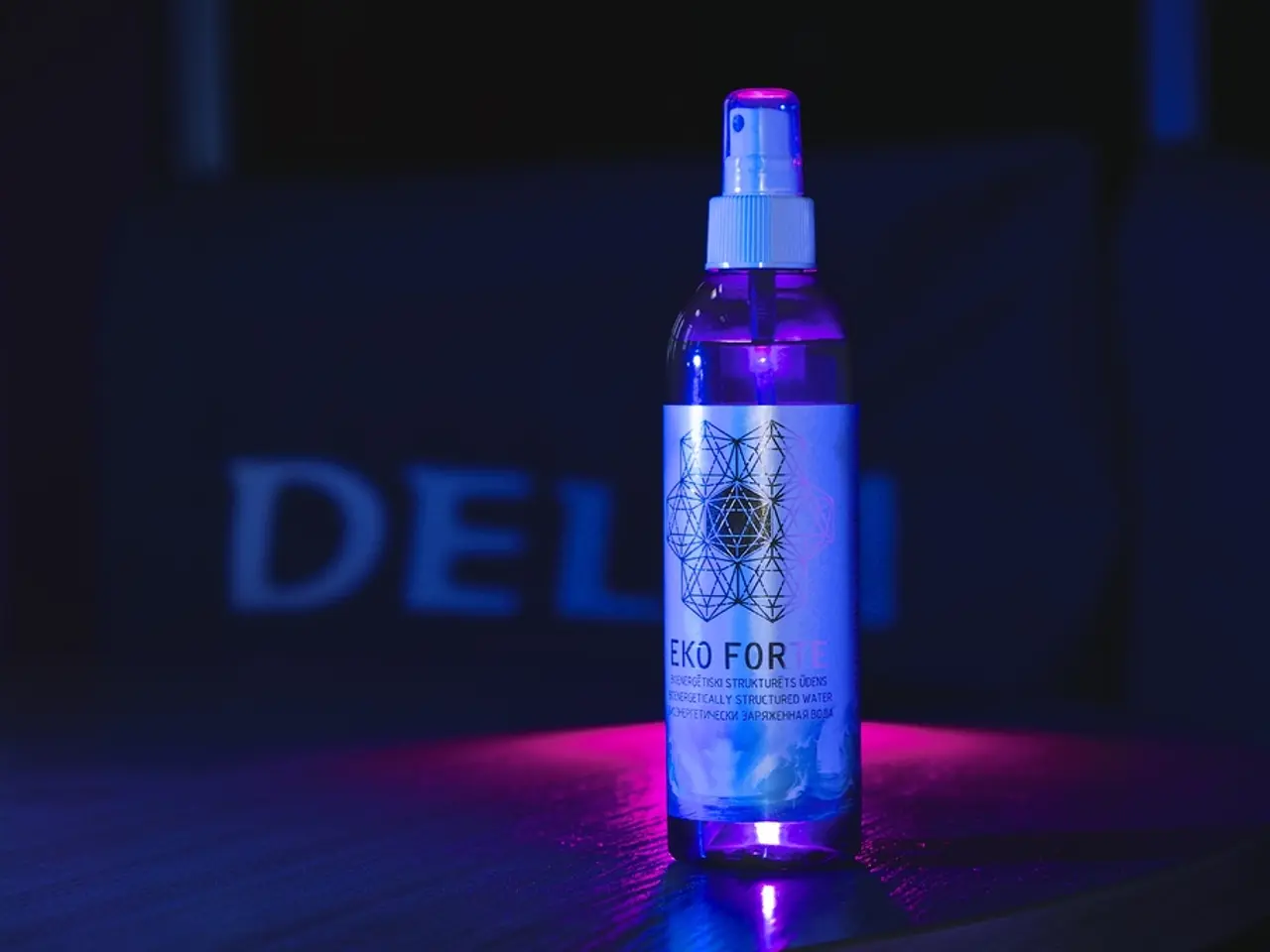Harsh Substance: Understanding Its Nature, Advantages, Components, and Beyond
In the world of skincare, two terms often come up in conversations – astringents and toners. While they may seem similar, these two products serve different purposes and have distinct characteristics.
Astringents, typically alcohol-based, are designed to control excess oil by drying out the skin and constricting pores. They are stronger and more drying, making them suitable mainly for oily or acne-prone skin and for occasional use such as treating bug bites or irritation. However, because of their high alcohol content, astringents can cause dryness, flakiness, or irritation, especially with daily use or on sensitive skin. Common examples of astringents in skincare include alcohol and witch hazel.
On the other hand, toners are generally milder and can be either alcohol-free or contain a low amount of alcohol. Their main roles are to remove residual impurities leftover after cleansing, restore skin’s pH balance, minimize pores, and prepare the skin to better absorb serums and moisturizers. Toners often include hydrating, antioxidant, or exfoliating ingredients and are safe for daily use across most skin types, including dry and sensitive skin.
Astringents often require rinsing off after use, while toners are typically left on the skin to maximize benefits. Toners can be divided into two categories: astringent toners (which have oil-reducing, pore-minimizing effects but risk irritation due to alcohol or harsh ingredients) and hydrating toners (more gentle, moisturizing, and suitable for sensitive or dry skin).
The American Academy of Dermatology Association (AADA) states that the aim of treating oily skin and acne is to maintain a healthy balance of oil, rather than remove it entirely. Therefore, toners that contain active ingredients to target acne or oiliness are alternatives to astringents. The AADA recommends that people with acne avoid astringents and rubbing alcohol, as drying or irritating products can make the inflammation worse.
In summary, astringents are harsher, mainly oil-controlling agents with alcohol bases, while toners are gentler, more versatile conditioners focusing on cleansing, hydration, and preparing skin for subsequent products. While astringents may be beneficial for some people with oily or acne-prone skin, they are not necessary for everyone's skincare routine.
It's essential to remember that each individual's skin is unique, and what works for one person may not work for another. Always consult with a dermatologist or skincare professional to determine the best products for your specific needs.
References:
- Mayo Clinic
- American Academy of Dermatology
- WebMD
- Healthline
- Paula's Choice
- For those with oily or acne-prone skin, toners with retinol or other acne-fighting ingredients might be a better choice than harsh astringents, as per the American Academy of Dermatology Association.
- In the realm of beauty and health-and-wellness, opting for a moisturizer that suits your skin type is crucial, especially when considering the choice between an oily skin-care product like astringents and a hydrating toner that promotes healthier, more balanced skin.
- When it comes to fitness-and-exercise and its effects on skin, beware of excessive sweating, which can lead to oiliness and acne, highlighting the importance of proper skin-care routines that include gentle toners instead of drying astringents.
- Science continues to advance our understanding of skincare, revealing that toners play a significant role in preparing the skin for the absorption of beauty products like serums and moisturizers, thereby enhancing their effectiveness.
- Skincare should not only focus on treating current issues like oily skin or acne but also prioritize long-term health, emphasizing the importance of incorporating moisture-rich toners into your beauty regimen over harsh astringents that can cause dryness and irritation.




